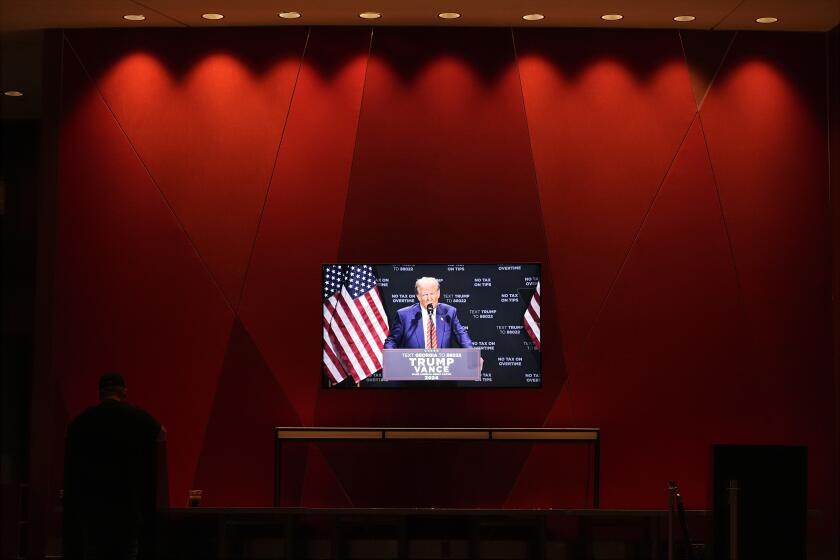In the weeks leading up to the 2016 election, conservative writer Salena Zito emphasized the importance of understanding Donald Trump from a different perspective than the mainstream media. She suggested that journalists often mischaracterized Trump as they struggled to report on his outlandish claims and ideas. According to Zito, Trump’s supporters perceived him as a serious candidate despite the outrageous rhetoric, and they largely dismissed the likelihood of him enacting his more extreme proposals. Now, as Trump campaigns for the 2024 election, it has become clear that there is merit to taking both him and his words seriously and literally. His past presidency was marked by significant actions that included family separations at the border and inciting violence, which emphasizes the importance of not underestimating his potential for influence and harmful actions in a second term.
As the final weeks of the 2024 campaign unfold, Trump’s rhetoric has intensified, showcasing a concerning mix of threats and conspiracies aimed primarily at Democrats. A recent rally at the Detroit Economic Club revealed Trump’s heightened awareness and readiness to confront opposition—stating that he learned during his presidency about the game of politics and alluding to the necessity of a more aggressive approach should he return to power. His chilling statement concerning “the enemy from within” and the role of the National Guard or military to manage perceived threats from Democrats highlights a dangerous shift in how he may govern if reelected. Trump’s words carry weight, and former Defense Secretary Mark Esper’s reminder of Trump’s troubling inclinations to deploy military force underscores the urgency in taking his threats seriously.
Trump’s national security rhetoric has alarming implications, particularly as he perceives domestic adversaries as greater than foreign ones, further complicating the political landscape. He has targeted individuals like Congressman Adam Schiff, who represent the establishment he often vilifies, echoing the sentiments of his most fervent supporters. For many of his loyalists, Trump’s words are directives, as demonstrated by numerous January 6th defendants claiming they acted in response to his encouragement. This level of devotion raises concerns about the potential for unrest and violence, especially should the outcome of the election provoke dissatisfaction among his base.
Indeed, Trump’s controversial statements have previously led to real-world consequences, from threats directed at individuals he maligns to heightened aggression against perceived enemies, exemplified by his incitement around former Republican figures like Liz Cheney and Mitt Romney. The ongoing climate of intimidation is palpable, and Trump’s continued verbal assaults against prominent figures heighten security concerns, drawing attention from radical groups. With accusations against immigrants and misattributed scapegoating aimed at various communities, Trump’s divisive rhetoric not only stirs his base but also galvanizes extremist elements seeking justification for violence.
Despite the alarming nature of Trump’s rhetoric, many of his supporters maintain a dismissive attitude, interpreting his statements as mere “sound bites” rather than actionable threats. Some voters seem to willfully overlook the implications of his words, characterized by a disconnect between the severity of his claims and their perceived likelihood of implementation. This misalignment signals an ongoing trend among Republicans, where initial condemnations of Trump’s behavior often evaporate into support when he reiterates false claims about election integrity and various political foes. Such delusions about Trump’s possible actions reveal a dangerous willingness to ignore the reality of what a second Trump presidency could entail.
As Trump continues to amplify his extreme views during this election cycle, one can no longer afford to see his words as hyperbolic or playful rhetoric. The track record of threats and bold assertions, paired with a public that may choose to overlook or minimize their significance, creates a precarious situation heading into the election. It’s essential for the electorate to understand the implications of electing a candidate who has repeatedly demonstrated the willingness to act on his most incendiary beliefs. Ignoring this reality would signify a profound misunderstanding of the stakes of the upcoming election and an underestimation of the serious consequences that may arise from a renewed term for Donald Trump.

